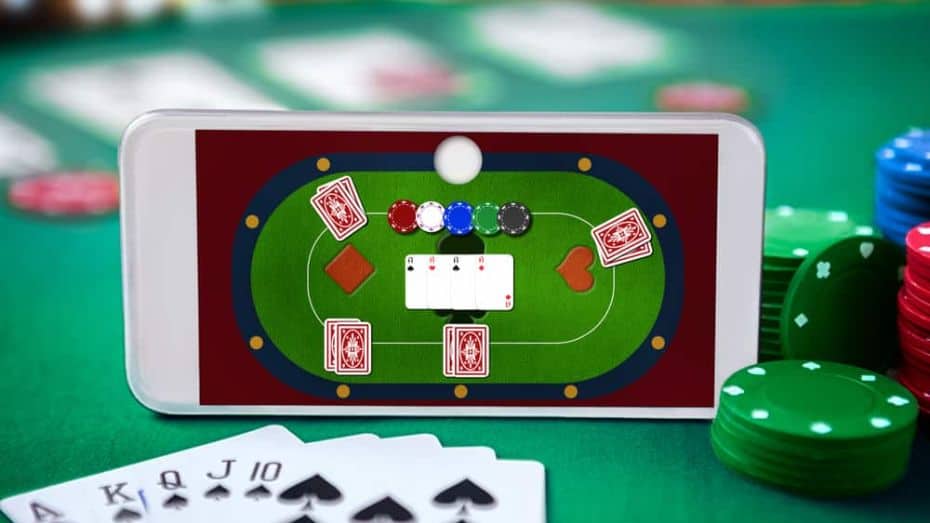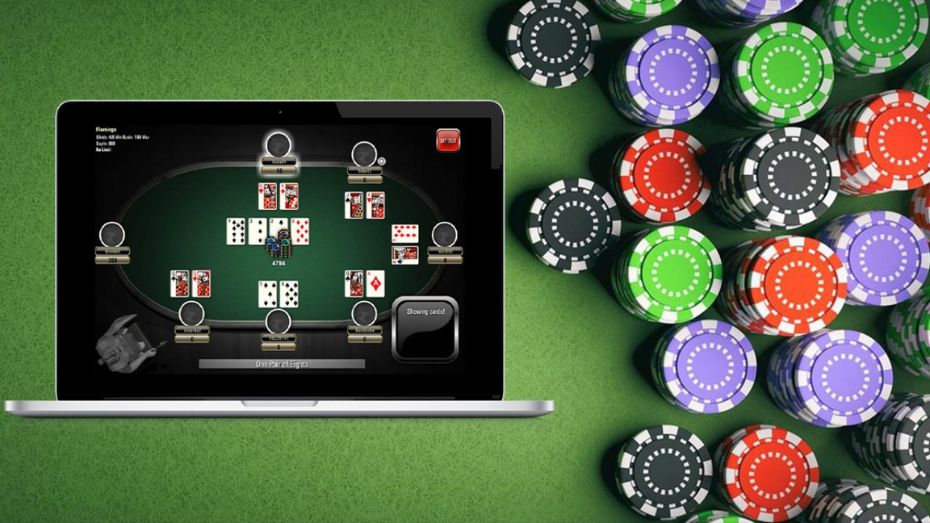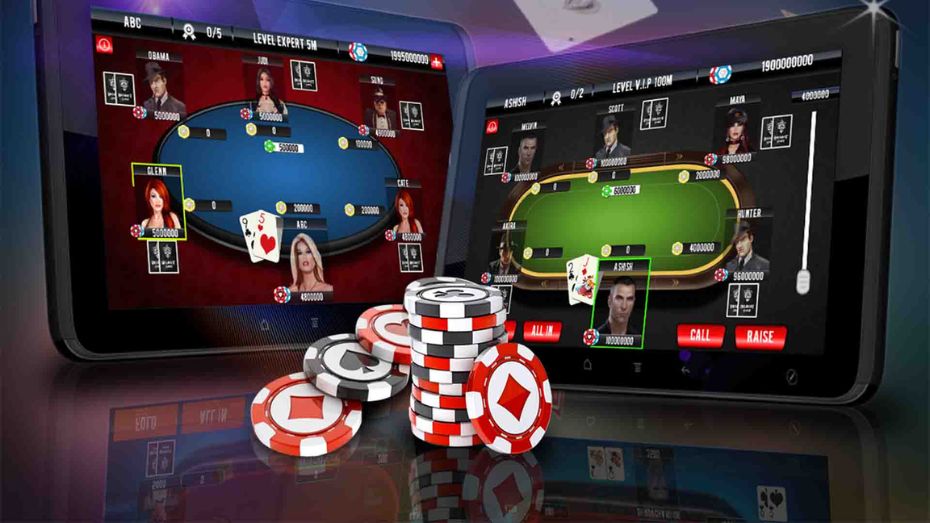Experience Thrilling Live Poker Action in 49JILI’s Premier Casinos

Before the rise of online poker platforms, live poker in physical establishments held widespread prominence. The game’s surge in popularity since the rise of online poker has forged a strong link between the two formats. Players often find themselves exploring both formats during their poker journey.
Participating in live poker means engaging physically in a card game within a casino or cardroom. Players sit at a table, utilizing betting strategies and bluffing techniques to win the pot. Common variants include Texas Hold’em, Omaha, and Seven-Card Stud, each with diverse betting structures like No Limit, Pot Limit, and Fixed Limit. These games may incorporate unique rules, involving multiple decks, jokers, wild cards, and variations in dealing, betting, and showdown processes.
Recognizing the strong presence of poker enthusiasts in our 49JILI community, we appreciate the allure of live poker—where tangible cards and the lively ambiance intersect. Whether you’re a seasoned live poker enthusiast or a curious virtual poker player exploring the world of physical poker rooms, rest assured, we’ve got you covered. Explore our Live Poker section, brimming with insightful articles that delve into various aspects of the traditional poker experience.
Varieties of Live Poker Games

Diverse live poker games grace the tables of casinos, poker rooms, and friendly home gatherings. Presented below are some notable examples:
Texas Hold ’em
Capturing the hearts of a broad player base, this perennial favorite stands out for its simplicity and the chance to score significant wins. The game kicks off with participants receiving two private cards, followed by the unveiling of five communal cards on the table. The goal is to craft the strongest hand by combining personal and communal cards.
Omaha Hold ’em
Get ready for the excitement of Omaha, a Texas Hold ’em variation that spices things up. You’re dealt four private cards, and here’s the twist—use exactly two of your hole cards and three from the communal pile to shape your winning hand. Craving more challenge? Take on 5-Card and 6-Card Omaha, where extra hole cards ramp up the fun!
Seven-Card Stud
The captivating aspect of Seven-Card Stud stems from its unique blend of face-up and face-down cards. In this game, each player is dealt seven cards, yet only the optimal five-card hand holds the key to victory. The excitement builds through multiple betting rounds, reaching a climax in a showdown where participants reveal their hole cards, selecting the most powerful five cards.
Five-Card Draw
Explore the straightforward charm of Five-Card Draw, designed with newcomers in mind. In this game, players receive a set of five private cards and enjoy the freedom to exchange some or all of them for a fresh perspective. Post-exchange, the excitement escalates with a final betting round, setting the stage for the grand reveal where hands are meticulously compared.
Razz
Distinguishable by its focus on achieving the lowest hand, Razz is an intriguing lowball poker variant. Participants receive seven cards, yet victory is secured by the five-card hand with the lowest value. Traditional considerations like flushes and straights are irrelevant, and in this game, the Ace consistently plays the role of the lowest card.
Chinese Poker
Chinese Poker is a different kind of poker game. You get 13 cards and split them into three hands: two with five cards each (front and middle) and one with three cards (back). The goal is to beat your opponents by having better hands and scoring points.
Poker has different types, and each one has its own special appeal and strategies, so there’s something for everyone to enjoy. Ready your chips and brace yourself for an immersive foray into the multifaceted realm of live poker!
How to Play Live Poker

Let’s explore a step-by-step walkthrough of poker gameplay, specifically designed for beginners, focusing on the dynamics of Texas Hold ‘Em. While these consecutive stages are broadly applicable to various poker versions, exercise caution and verify any variant-specific regulations before immersing yourself in the gameplay.
Placing Your Wagers
To kick off the game, players place their bets before the card distribution phase. This involves “ante” bets, where an even sum is contributed by all players, and “blinds,” where the player immediately to the dealer’s left places a minor bet, while the following player stakes a larger amount.
Next, each player is dealt two “hole” cards, kept concealed from view. At this point, players must decide whether to “check” (waiving the chance to initiate betting), “bet/call” in response to others’ wagers, or “fold” if their hand appears weak. Following each “check,” the option to bet or check passes clockwise to the next player. Once a player starts betting, all other participants must “call” to match that initial bet.
Introducing the Community Cards
After the betting concludes, the “flop” occurs, revealing three cards face-up. Players gain better insight into their hand’s potential strength, leading to another round of betting.
Advancing to the Turn
Subsequently, the “turn”introduces a fourth face-up card, providing players with more opportunities to enhance their hands. Remember, a complete hand consists of only five cards. This is followed by another round of betting.
Finalizing the Hands
The “river” appears, exposing a fifth face-up card. For players still in the game, this card reveals the actual strength of their hand. Before the final showdown, a last round of betting unfolds.
Unveiling the Victory
The climax occurs with the showdown, where players display their poker hands to determine the winner of the pot. In case of ties, a “kicker,” the highest card, may determine the outcome.
Mastering Successful Poker Hands: An Illustrated Guide

In the captivating world of poker, grasping the hierarchy of winning hands is crucial. From the thrilling potential of a Royal Flush to the strategic considerations of a Two Pair, each combination carries its own significance. Let’s embark on a visual journey through the essential winning poker hands, exploring their compositions and implications for the game. Whether you’re a seasoned player refining your understanding or a beginner looking to unravel the intricacies, this guide will shed light on the path to poker mastery.
| Winning Poker Hands | Example | Description |
| Royal Flush | A, K, Q, J, 10 | Ace, King, Queen, Jack, and 10, all in the same suit. |
| Straight Flush | Q, J, 10, 9, 8 | Five cards in consecutive order, all belonging to the same suit |
| Four of a Kind | J, J, J, J, 3 | Four cards of the same rank. |
| Full House | J, J, 5, 5, 5 | A trio of cards with the same value combined with a pair of different rank. |
| Flush | J, 10, 4, 6, 3 | Any collection of five cards sharing the same suit, without following a sequential order. |
| Straight | 6, 7, 8, 9, 10 | Five consecutive cards, without sharing the same suit. |
| Three of a Kind | 7, 7, 7, 9, 3 | Three cards of the same rank. |
| Two Pair | K, K, 2, 6, 6 | Two cards of one value combined with two cards of a different value. |
| Jacks or Better | J, J, 2, 7, 4 | Two Jacks, Queens, Kings, or Aces together. |
| Pair | 5, 5, 2, 7, 4 | Two cards of the same rank. |
Understanding Poker Rules in Detail

Once you’ve gotten the hang of how the game works, it’s crucial to delve into some essential poker rules before diving into real-money play on an online casino. While the specifics may vary among different poker versions, let’s break down these general guidelines in straightforward terms:
Blinds
In most poker games, there are small and big blinds. These are payments made by two players each round to increase the pot’s value. It’s a standard process that you can’t skip. When it’s your turn to pay the blinds, you simply hope for a good hand.
Decks
In almost all poker games, a single deck of cards is used. This is to avoid unusual hands, like having 5 or 6 of the same kind. Shuffling and discarding cards (“burning”) keep an element of unpredictability in the card draws.
Rake
Whether you’re playing in a physical casino or an online one, the house usually takes a percentage of the pot or tournament entry fee as profit. This percentage typically falls between 3-10%, and it’s a standard practice that you can’t avoid.
Chips
The number of chips you get at an online poker table can vary a lot. Things like table limits and whether you’re in a tournament affect this. It’s important to familiarize yourself with this beforehand to avoid feeling out of place.
Players
The number of people allowed to play can vary from one casino to another. While theoretically, a single Texas Hold ‘Em table can accommodate 20+ players, most casinos and online poker sites limit tables to around 10 players. Going beyond this number makes the game’s pace impractical.
Cards
The number of cards dealt to players and whether they are dealt face up or face down can differ a lot depending on the poker variant. It’s crucial to have a solid understanding of your chosen variant’s rules before you start.
Being Well-Equipped
With these fundamental insights, you’ll enter the poker scene well-prepared, ensuring a smoother and more enjoyable gaming experience.
Live Poker Tips for a Better Experience

Enhance your live poker sessions with these practical tips:
- Know When to Fold: Avoid folding too frequently, but be honest with yourself. Recognize the right moments to cut your losses and wait for a better hand.
- Eliminate Weaker Players: Identify vulnerable opponents and take advantage of their weaknesses. Aim to eliminate them from the game.
- Call with Paired Flops: Whenever possible, make a call if you can pair with the flop.
- Understand the Dealer’s Position: Be aware of the dealer’s position and use this knowledge strategically.
- Always Call with a Pair or Higher: When you have a pair or a higher hand, always make the call.
- Never Fold with a Jack High: Hold onto your hand if you have a jack high.
- Call with One Card for a Straight or Flush: If you have only one card needed to complete a straight or flush, make the call.
- Always Call with Two Overcards: When you hold two overcards, it’s advisable to make the call.
- Raise Before the Flop with Ace or King: Boost the pot by raising before the flop if you have an ace or king.
- Time Your Game and Play Slowly: Be strategic with your timing and adopt a slower pace to control the flow of the game.
- Continue Practicing: Regular practice is essential for honing your poker skills.
- Play a Flush Draw: If you have a flush draw, consider raising the wager, even with low-card singles.
Remember: Understand the importance of your position in poker. Learn to use it to your advantage. Various positions demand distinct strategies, and gaining expertise in positional play provides a significant advantage over your opponents.
Understanding Pot Odds: A Simple Explanation

Pot odds are a way of figuring out if it’s a good idea to make a bet in poker. It’s about comparing the current pot size to how much it costs to call a bet. This helps players decide if it’s worth betting based on the cards they need for a winning hand. Learning about pot odds is useful as you get into playing poker online.
FAQs
Conclusion
In summary, 49JILI invites you to explore an exhilarating realm of live poker within its live casino, offering a compelling platform for enthusiasts to savor the game’s excitement from the comfort of their homes. Featuring a diverse selection of poker games, secure gameplay, and the chance to hone skills through real-time interaction, 49JILI revolutionizes the live poker experience. Whether you’re a seasoned player or a newcomer to the poker scene, 49JILI encourages you to join its virtual tables and immerse yourself in the captivating world of live poker within the live casino setting. Get ready to embark on an adventure where strategy, skill, and entertainment converge, delivering an unforgettable gaming experience.













